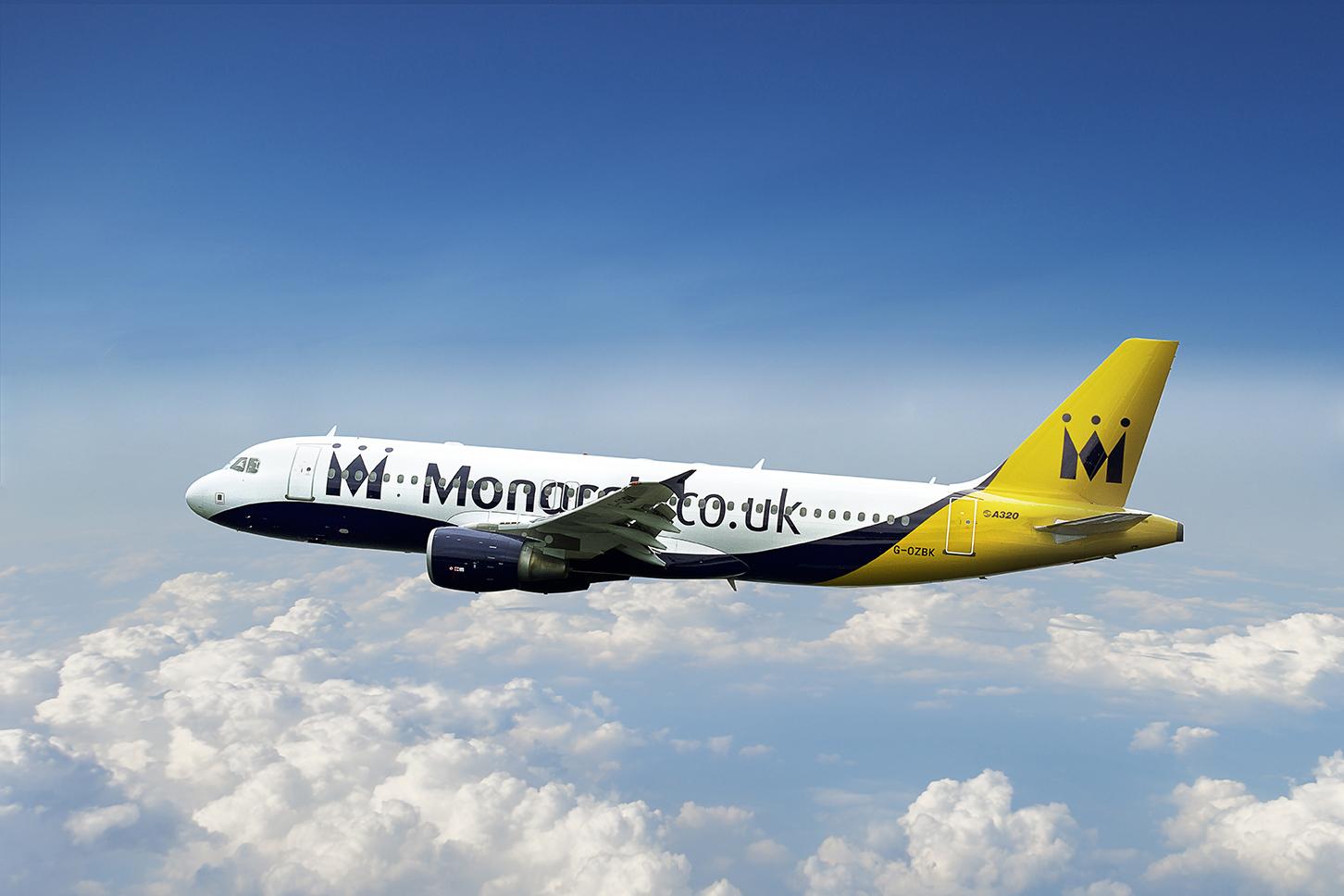Monarch Airlines boss predicts lower air fares
Airline expects £48m profit despite hits from terrorism and weak pound

Your support helps us to tell the story
From reproductive rights to climate change to Big Tech, The Independent is on the ground when the story is developing. Whether it's investigating the financials of Elon Musk's pro-Trump PAC or producing our latest documentary, 'The A Word', which shines a light on the American women fighting for reproductive rights, we know how important it is to parse out the facts from the messaging.
At such a critical moment in US history, we need reporters on the ground. Your donation allows us to keep sending journalists to speak to both sides of the story.
The Independent is trusted by Americans across the entire political spectrum. And unlike many other quality news outlets, we choose not to lock Americans out of our reporting and analysis with paywalls. We believe quality journalism should be available to everyone, paid for by those who can afford it.
Your support makes all the difference.Nine weeks after he announced an 11th-hour rescue package that allowed his airline to keep flying, the boss of Monarch says the future lies with flying more people at lower fares.
Andrew Swaffield told The Independent: “We’ve re-based ourselves now to a world where we see lower prices but with higher volumes.”
Over the past year, Monarch has been hit by a series of issues. In November 2015, the Foreign Office banned UK airlines from flying to Sharm el Sheikh, which was a key destination for Monarch.
During the first half of 2016, as the security situation in Turkey deteriorated, rival airlines shifted capacity to Spain and Portugal — depressing fares in one of Monarch’s key markets. And the plunge in sterling after the EU referendum further dented the airline’s prospects.
“The unique combination of terrorism and the fall in the value of the pound made it particularly challenging for us as a British airline,” said Mr Swaffield.
“We take nearly all of our revenue in pounds and a lot of our costs go out in dollars and euros. We pay for aircraft leases and fuel in dollars and things like navigation and ground handling in euros. So we get no revenue benefit from a decline in the pound but we get a big cost increase.”
By late September the Civil Aviation Authority was sufficiently concerned about Monarch’s finances to set up a shadow airline. The CAA chartered planes and deployed them to Mediterranean airports to mimic Monarch's schedule in case the airline stopped flying.
In October, the majority owner, Greybull Capital, injected £165m in additional funding to keep the airline flying.
Mr Swaffield said that Monarch’s profits are likely to fall by one-third this year compared with 2015, but that new bookings for summer 2017 are 40 per cent higher than a year earlier.
“Yes it has been challenging but I guess I’m pretty pleased to be sitting here today with a profitable result in difficult circumstances.”
Profits are expected to decline from £74m to £48, representing about £8 per passenger flown in 2016.
Join our commenting forum
Join thought-provoking conversations, follow other Independent readers and see their replies
Comments